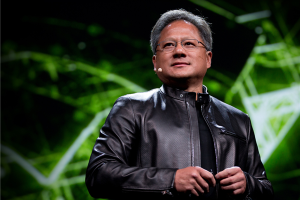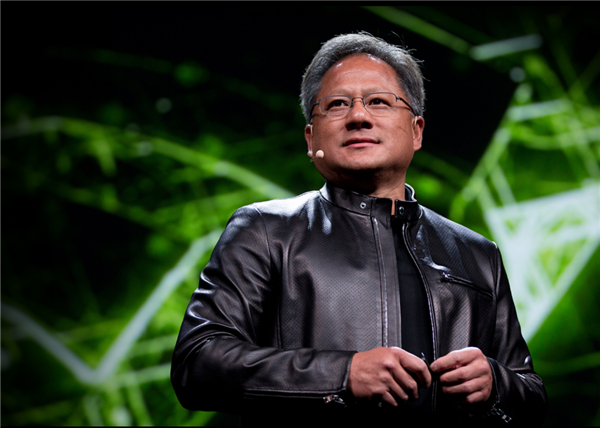November 21, 2024 – Ford Motor Company has announced plans to lay off 4,000 employees in Europe, primarily affecting its operations in the UK and Germany. The decision comes as the automaker expresses concerns over the “health” of its passenger vehicle business.
According to Ford, the company has suffered “significant” losses in recent years due to industry turbulence, including “unprecedented” competition, economic pressures, and regulatory challenges.
Dave Johnston, Vice President of European Transformation and Partnerships at Ford, stated, “Taking difficult but decisive actions is essential to ensure Ford’s future competitiveness in Europe.” He added that the company is “committed to building a thriving business in Europe for the benefit of future generations.”

The layoffs, which are expected to be implemented by the end of 2027, aim to create a “more cost-competitive” structure that will ensure the long-term survival and growth of the Ford brand in Europe.
While Ford has not yet announced which specific jobs or locations will be affected, it has confirmed that the cuts will “primarily impact operations in Germany, as well as the UK,” with smaller impacts on other European markets.
In the UK, Ford operates an engine plant in Dagenham and a transmission factory in Halewood. The latter received a £125 million investment in 2022 to increase production capacity by 70% and prepare for electric motor production.
In Germany, Ford has two vehicle production plants. The Cologne plant, which employs around 4,000 workers, is crucial to Ford’s European operations as it produces models like the Explorer and Capri, and is expected to manufacture the upcoming electric Mustang.
The Saarlouis plant, on the other hand, is the production hub for the Ford Focus, which is set to be discontinued by the middle of next year. Ford had already announced in February that the plant would lay off 2,700 workers, but it remains unclear if these layoffs are included in the new 4,000-person reduction plan.
In recent years, Ford Europe has phased out popular gasoline models like the Fiesta and Focus in favor of a new generation of electric vehicles such as the Explorer and Capri. However, the company’s electric vehicle business head, Marin Giaya, has described the industry’s transition to electric mobility as “extremely disruptive.”
Giaya told Autocar that Ford’s plan to fully electrify its European fleet by 2030 was “too ambitious” given the challenges faced by the company. He attributed this to the “uncertainty” surrounding electric vehicle demand and regulations. As a result, Ford intends to continue investing in hybrid systems as well.












